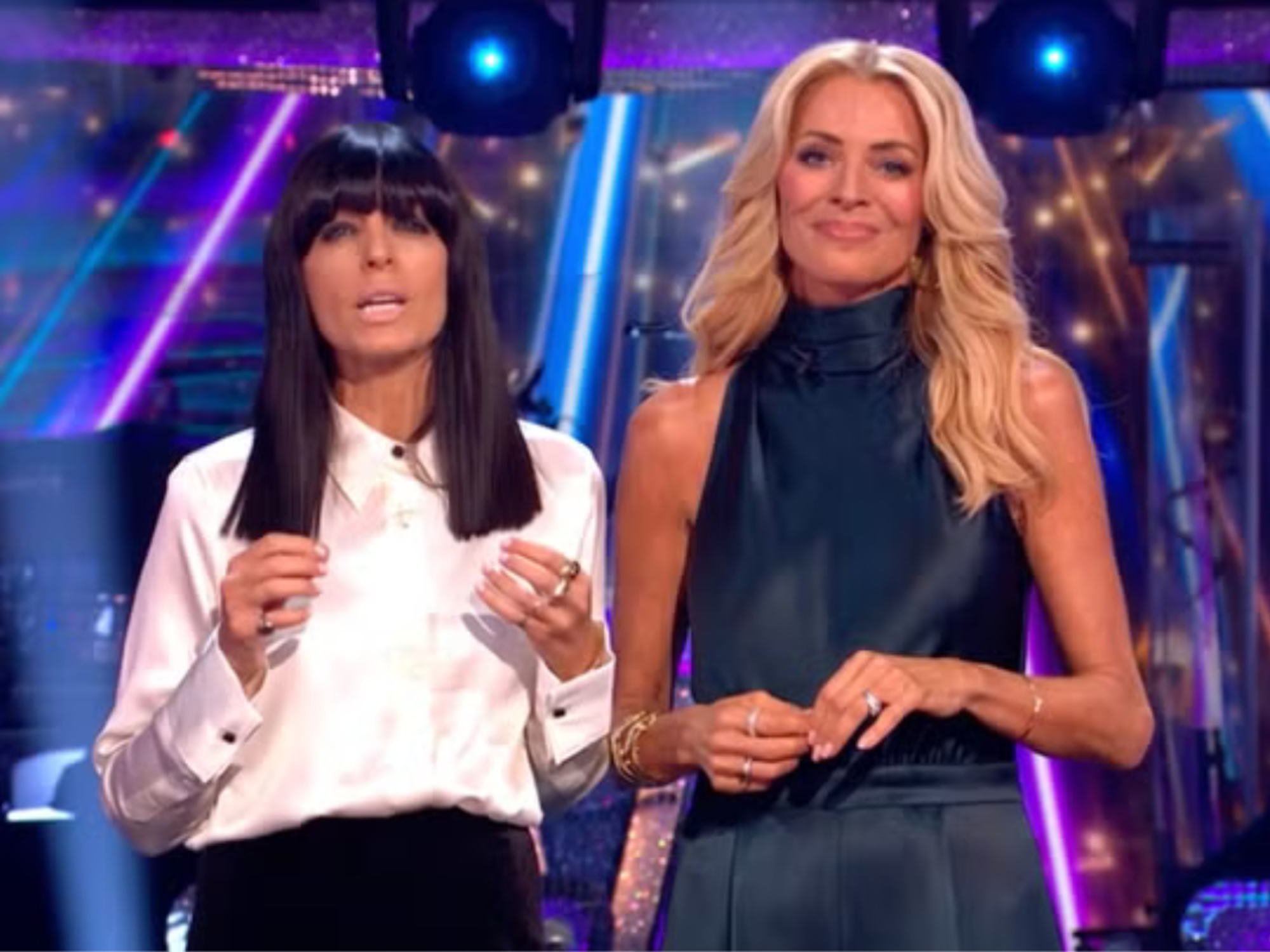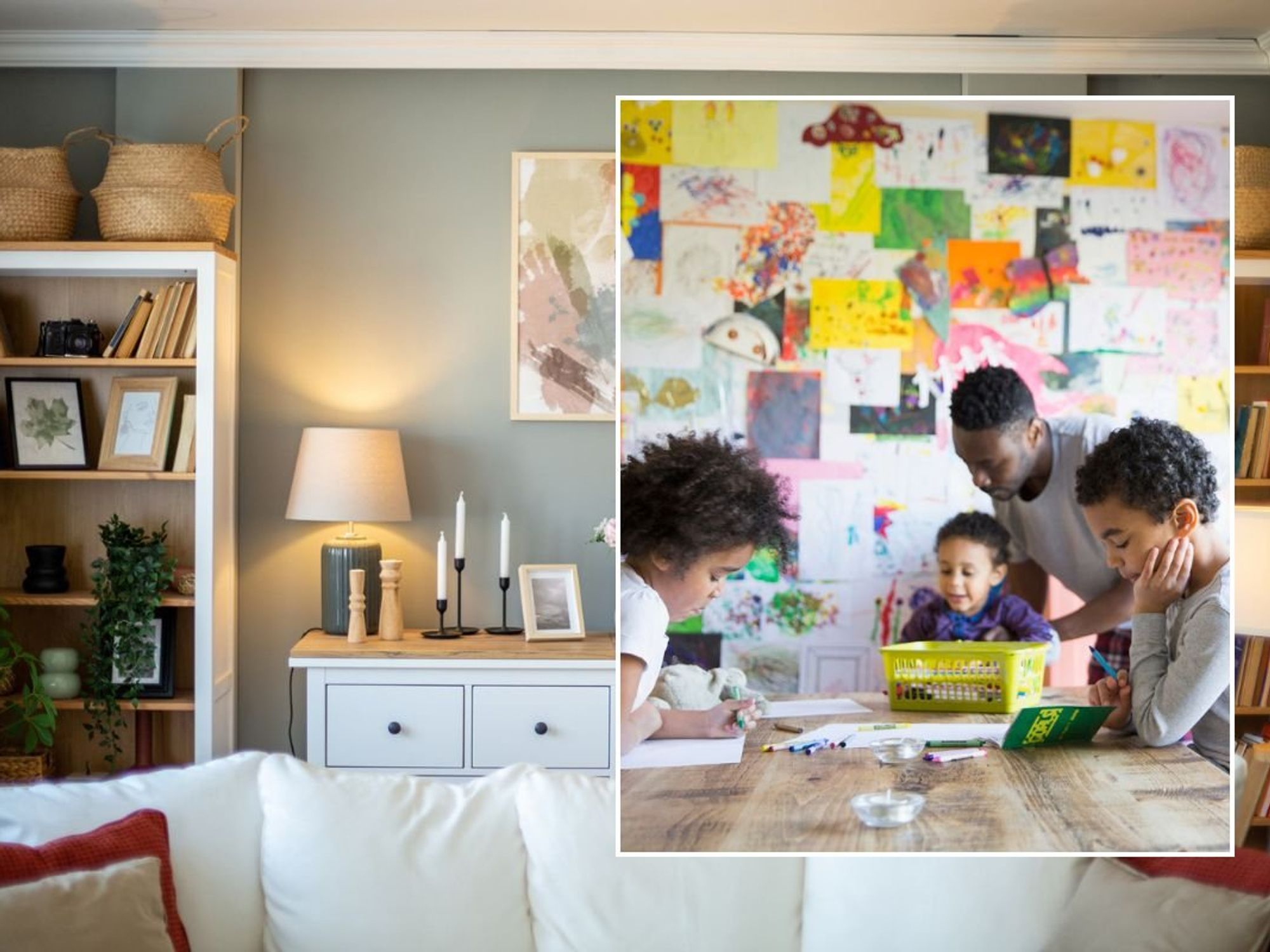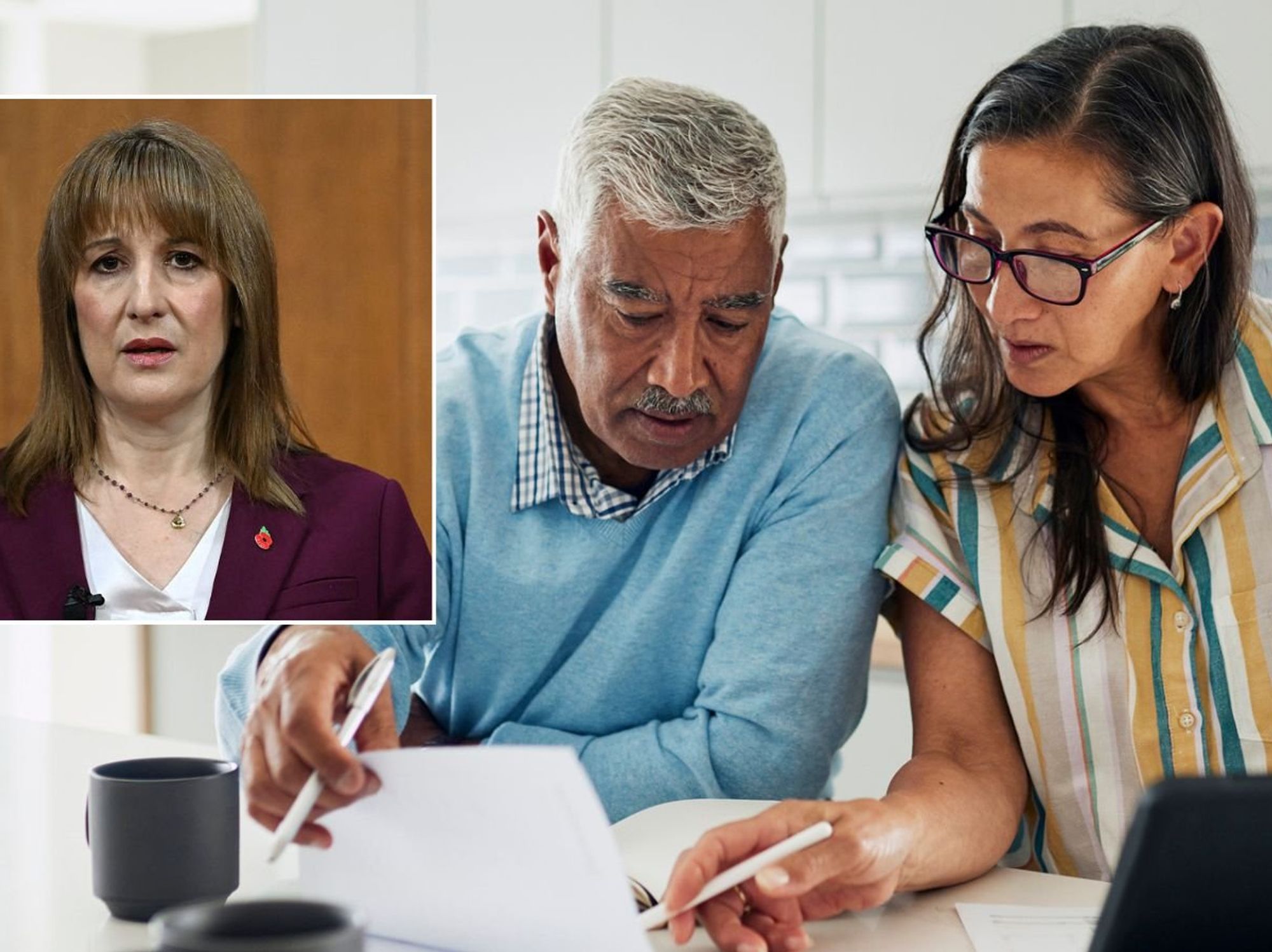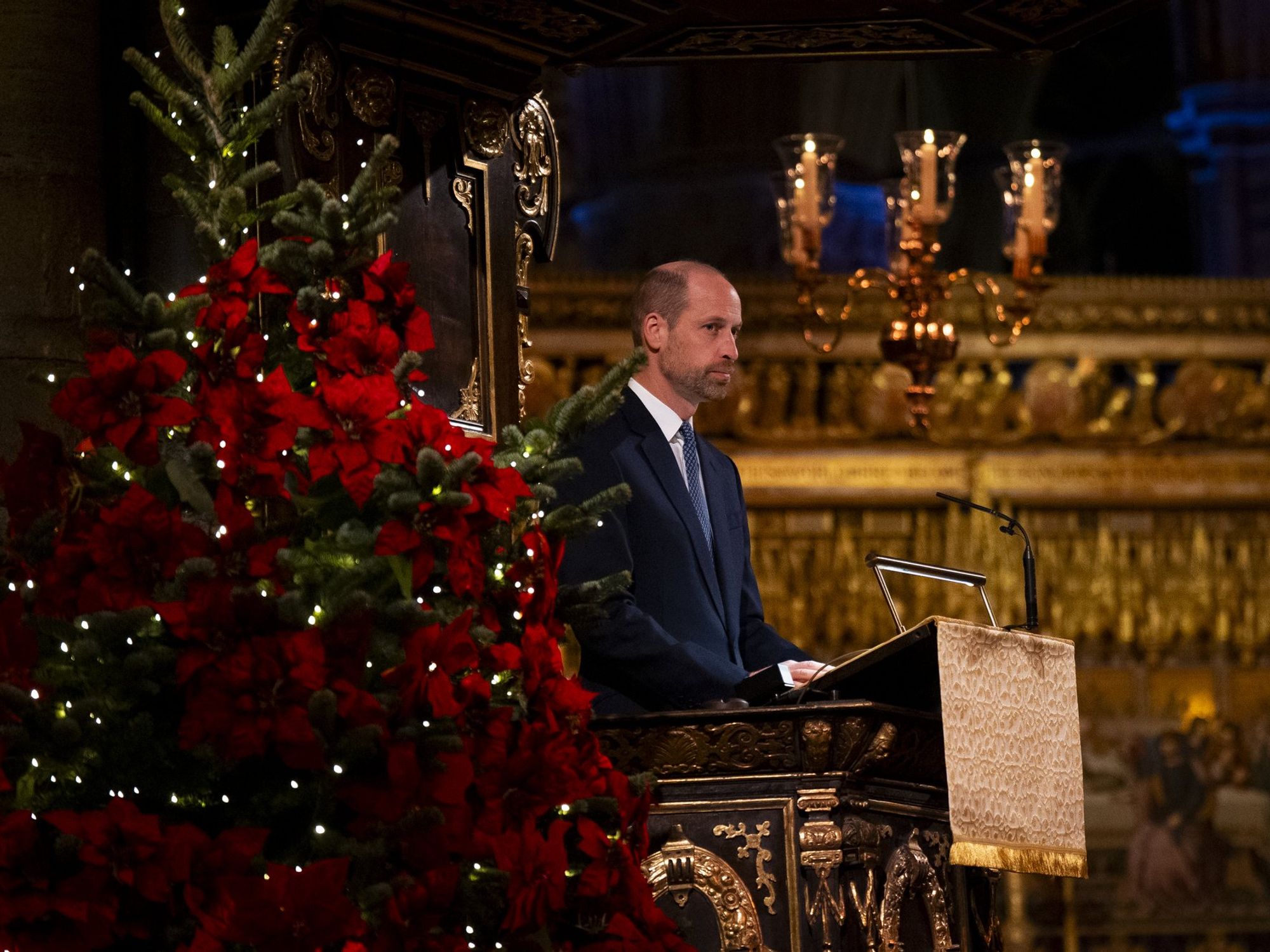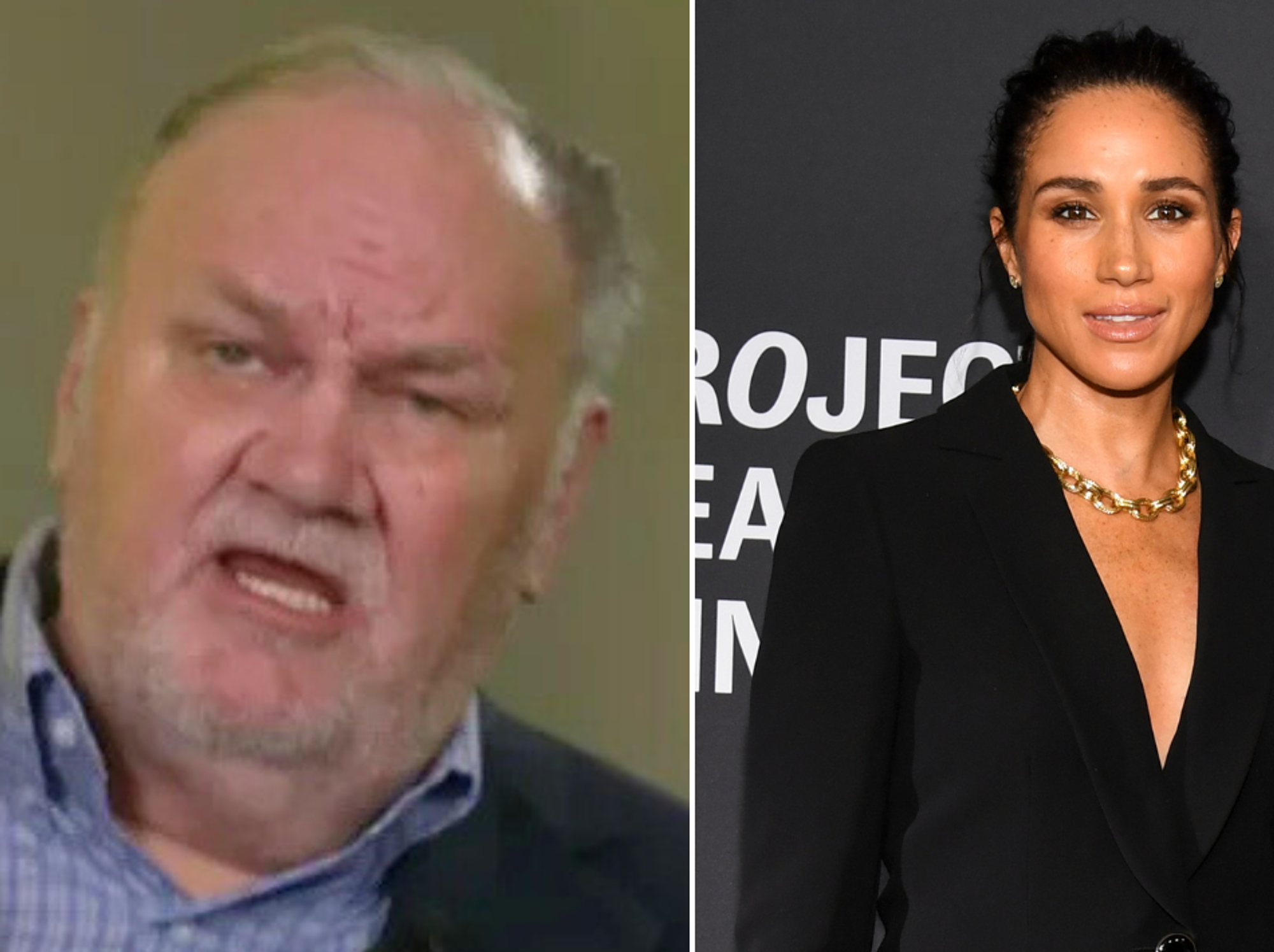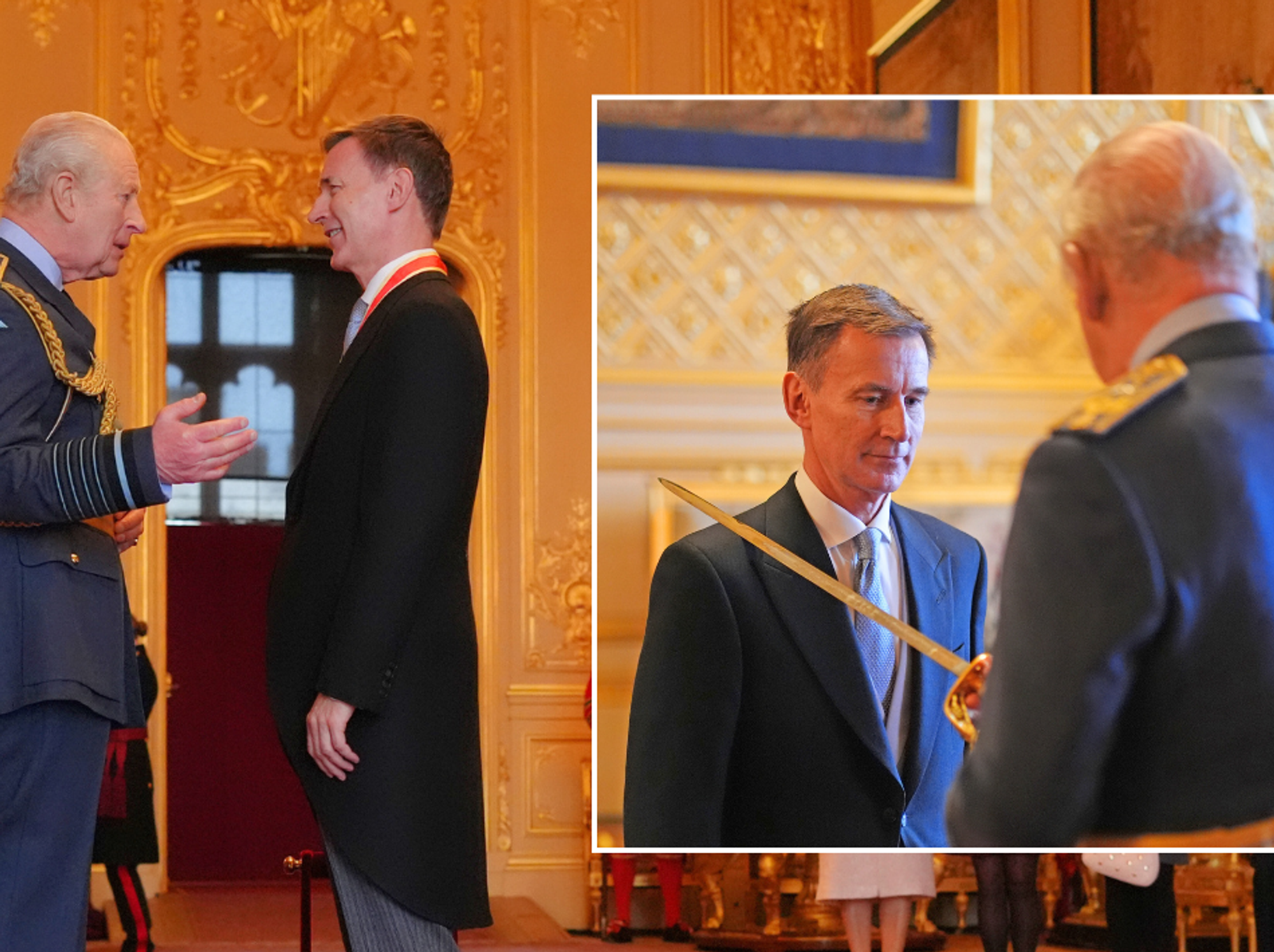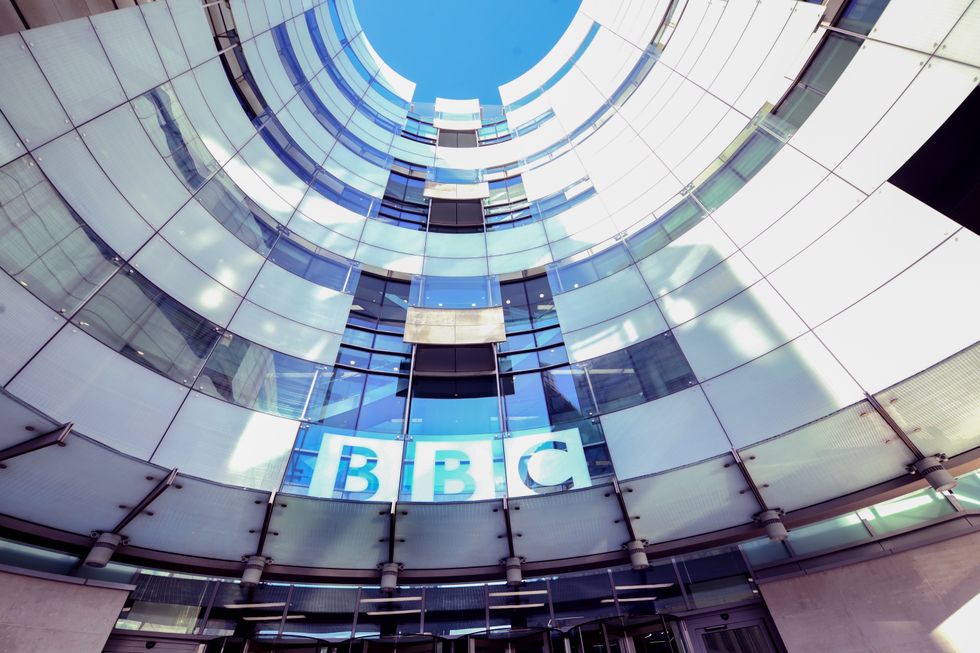BBC Four and CBBC to end as linear TV channels within years after Nadine Dorries' review confirmed
This comes as the director-general Tim Davie unveils plans to build a 'digital-first BBC'
Don't Miss
Most Read
BBC Four and CBBC are to end as linear TV channels over the next few years, the BBC has said, in the wake of the Government's announcement of the terms of the mid-term review into the corporation's royal charter.
The BBC’s director-general Tim Davie has unveiled plans to “build a digital-first BBC”.
Speaking to BBC staff on Thursday, Davie said: “This is our moment to build a digital-first BBC. Something genuinely new, a Reithian organisation for the digital age, a positive force for the UK and the world.
“Independent, impartial, constantly innovating and serving all. A fresh, new, global digital media organisation which has never been seen before.
BBC Broadcasting House in London.
Ian West
“Driven by the desire to make life and society better for our licence fee payers and customers in every corner of the UK and beyond. They want us to keep the BBC relevant and fight for something that in 2022 is more important than ever.
“To do that we need to evolve faster and embrace the huge shifts in the market around us.”
He added: “I believe in a public service BBC for all, properly funded, relevant for everyone, universally available, and growing in the on-demand age. This plan sets us on that journey.”
The move to turn off the linear channels of BBC Four and CBBC have been announced in the context in Tim Davie's "digital-first" vision.
The Government has ordered the BBC to “promote equality of opportunity” for people from working-class backgrounds, it has been announced.
It has been issued with a legal direction which includes a target for 25% of staff to be from low socio-economic backgrounds and ensuring 50% of radio and 60% of TV programme production spend is outside London by the end of 2027.
The BBC must also deliver 1,000 apprenticeships per year by 2025 and ensure that 30% of those are from low socio-economic groups.
The new stipulations have been announced by the Culture Secretary as part of the mid-term review into the BBC’s royal charter with a focus on representation of people from working-class backgrounds.
Nadine Dorries said the consultation would “build on our recent progress to make the BBC more accountable to those who fund it, level up people’s access to the job opportunities it offers and ensure it continues to work in the best interest of the public”.
The terms of reference show it will focus on the BBC’s compliance with editorial standards and evaluate how it is representing audiences from working-class backgrounds.
It will also assess “whether current regulations and governance could be improved to ensure it is delivering for licence fee payers”.
It marks the first time in 12 years that the BBC’s Framework Agreement has been updated during a charter period and the first update since the current 10-year charter began in 2017.
The review will also look at the effectiveness of the BBC’s editorial complaints process and media watchdog Ofcom’s role in holding it to account.
The corporation’s commercial subsidiaries, which include BBC Studios, will also face scrutiny.






